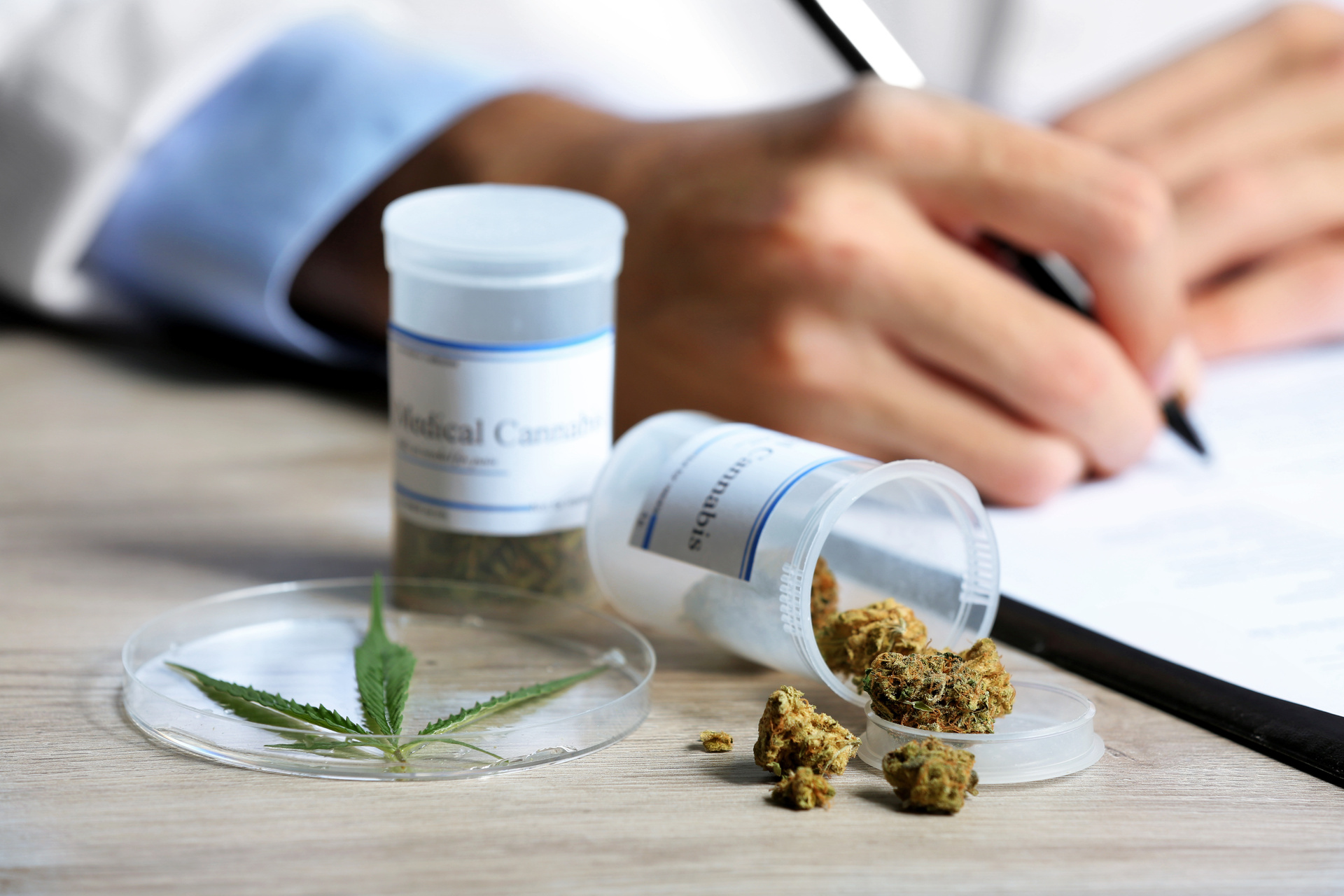Shedding Light on What Medical Cannabis Can Cure: a Thorough Evaluation of Its Restorative Qualities
In recent years, there has actually been a growing rate of interest in the therapeutic capacity of medical marijuana. While unscientific proof is plentiful, a detailed exam of the scientific data concerning the performance of clinical marijuana in dealing with these conditions is warranted.
Persistent Pain Administration
Persistent pain administration remains an important facet of treatment, necessitating an extensive method for efficient treatment. Recently, clinical cannabis has become a possible healing choice for individuals dealing with persistent discomfort problems. The endocannabinoid system, which plays a crucial function hurting modulation, has actually been targeted by cannabis-based therapies to enhance and relieve symptoms lifestyle for individuals.
Furthermore, medical marijuana supplies an encouraging choice for individuals that experience unbearable side impacts from typical pain drugs. Its capability to attend to discomfort through a different mechanism makes it an important addition to the toolbox of therapies offered for chronic discomfort management.
Epilepsy Treatment Possible
Clinical marijuana has shown promising possibility in the treatment of epilepsy, using an unique healing method for handling seizures in clients. Epilepsy is a neurological condition characterized by reoccurring seizures, affecting individuals of every ages. Standard treatments for epilepsy consist of antiepileptic medications, but these medications may not work for all clients and can have considerable adverse effects.
Study on the use of clinical cannabis for epilepsy has revealed encouraging outcomes. Cannabidiol (CBD), a non-psychoactive substance discovered in cannabis, has actually been especially highlighted for its anticonvulsant residential properties. Research studies have actually revealed that CBD can lower the frequency and extent of seizures in patients with treatment-resistant kinds of epilepsy, such as Dravet syndrome and Lennox-Gastaut disorder.
Additionally, the FDA has accepted a CBD-based medication, Epidiolex, for the treatment of seizures connected with these severe types of epilepsy. This landmark underscores the growing acknowledgment of clinical cannabis as a valuable therapeutic option for handling epilepsy and offers expect individuals that have actually not reacted well to conventional therapies.
Nausea Or Vomiting Alleviation Perks
The alleviation of nausea via making use of marijuana has actually been significantly recognized for its therapeutic benefits in different medical problems. Nausea or vomiting and throwing up prevail signs and symptoms experienced by patients going through chemotherapy, those with intestinal conditions, and people with chronic pain conditions. Clinical marijuana, with its active compounds such as THC and CBD, has actually revealed pledge in offering alleviation from nausea or vomiting.

Furthermore, clinical cannabis offers an all-natural alternative for people that do not react well to standard anti-nausea medications or who experience serious Clicking Here adverse effects from these drugs. Patients undertaking chemotherapy, particularly, have reported substantial improvements in their lifestyle when using cannabis to manage queasiness. As study in this location remains to grow, clinical marijuana is progressively being considered as a useful alternative for nausea relief in numerous clinical setups.
Anxiousness Reduction Impacts
Researches have actually demonstrated the potential of marijuana in lowering anxiety signs through its interaction with the endocannabinoid system. The endocannabinoid system plays a vital duty in controling feelings, consisting of anxiety, by preserving homeostasis in the body. Cannabinoids in marijuana, such as THC and CBD, communicate with the endocannabinoid receptors in the mind, specifically the CB1 and CB2 receptors, to regulate anxiety-related responses.
:max_bytes(150000):strip_icc()/iStock-187383537-58daf3115f9b584683c132f4.jpg)
Patients with conditions like generalised anxiousness problem (GAD), social anxiety problem, and post-traumatic tension problem (PTSD) might gain from the anxiolytic residential properties of cannabis (Medical Marijuana Card Clinton MS). Nonetheless, further study is required to this page identify optimum does, shipment techniques, and lasting effects on anxiousness management.
Possible for Swelling Control
With its recognized anti-inflammatory homes, cannabis has actually revealed guarantee in potentially regulating inflammation within the body. Swelling is the body's all-natural feedback to injury or infection, however when it becomes chronic, it can contribute to different diseases such as arthritis, inflammatory bowel illness, and also heart problem. Research study recommends that the cannabinoids found in marijuana, such as THC and CBD, can help decrease and regulate the immune action swelling.
Research studies have shown that cannabis can communicate with the endocannabinoid system, which plays a critical duty in managing swelling. By targeting the cannabinoid receptors, marijuana compounds can modulate the immune feedback, bring about a decrease in swelling levels. This makes cannabis a prospective candidate for handling inflammatory conditions where traditional treatments have actually dropped brief.
Additionally, cannabis-derived products like CBD oil have gotten popularity for their anti-inflammatory buildings, with lots of individuals using them as a natural treatment for problems related to swelling. While even more research is needed to fully understand the devices behind marijuana's anti-inflammatory effects, existing findings show promising outcomes for the possible use medical marijuana in managing inflammation.
Conclusion
To conclude, clinical cannabis has revealed encouraging therapeutic buildings in handling chronic discomfort, dealing with epilepsy, easing nausea or vomiting, decreasing stress and anxiety, and managing swelling. Its possible advantages in numerous clinical conditions highlight the value of more study and expedition right into its medicinal usage. The evidence recommends that clinical marijuana might be an important choice therapy alternative for patients looking for relief from an array of conditions and signs and symptoms.
In recent years, clinical marijuana has actually emerged as a possible restorative alternative for individuals enduring from chronic discomfort problems.Medical cannabis has actually shown promising potential in the treatment of epilepsy, supplying a novel restorative method for taking care of seizures in individuals. As research study in this area proceeds to expand, medical marijuana is progressively being thought about as a valuable alternative for nausea alleviation in various clinical settings.
In final thought, medical marijuana has actually shown promising healing properties in managing chronic pain, dealing with epilepsy, soothing nausea or vomiting, decreasing stress and anxiety, and managing inflammation. The evidence recommends that clinical cannabis can be a useful alternative treatment option for patients looking for alleviation from a range of signs and symptoms and problems.